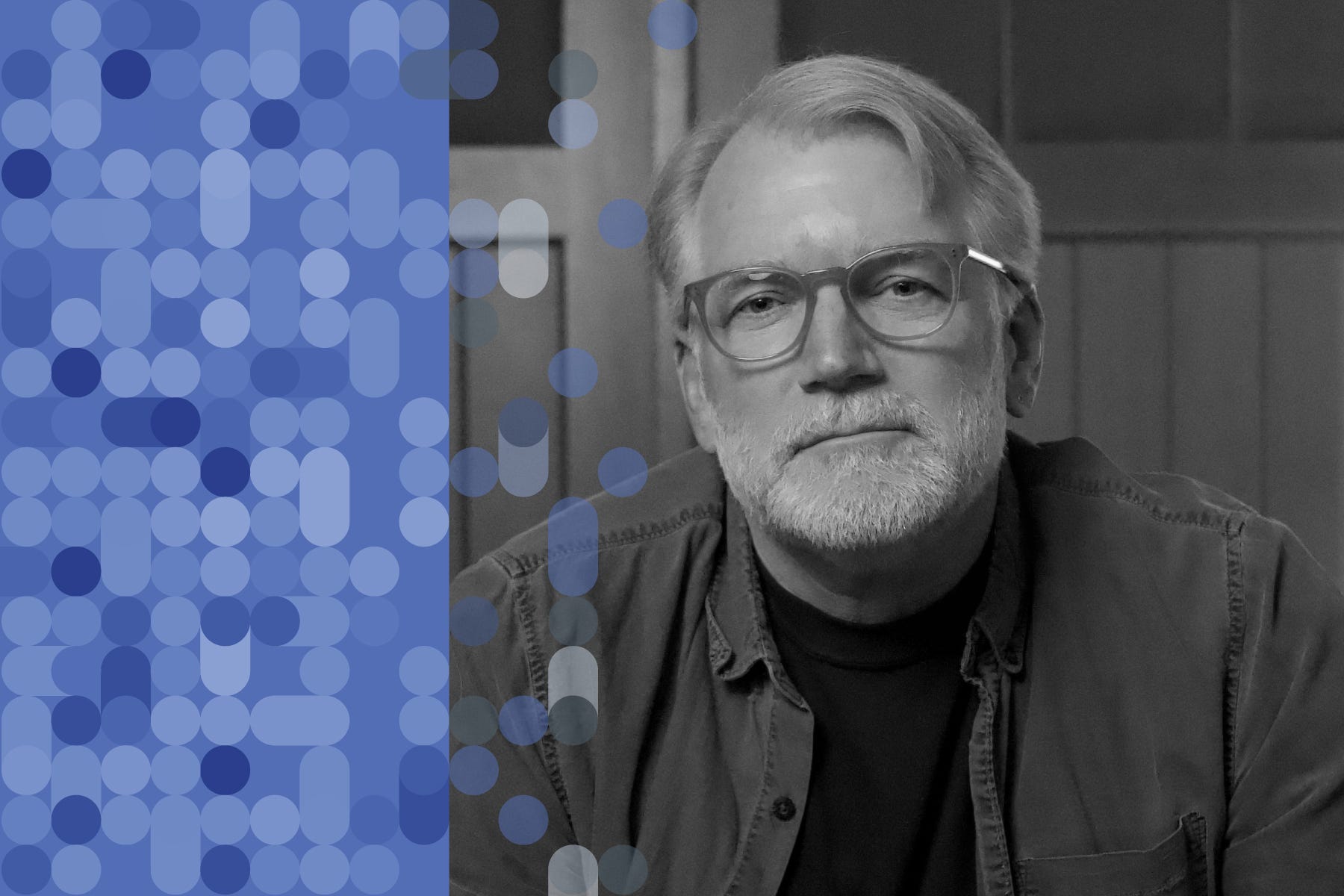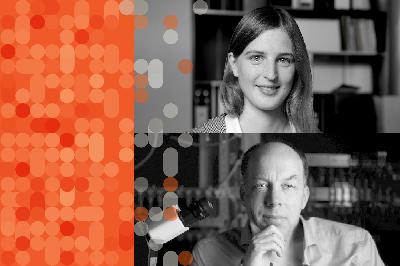Anna Greka: Molecular Sleuthing for Rare Diseases
Description
Funding for the NIH and US biomedical research is imperiled at a momentous time of progress. Exemplifying this is the work of Dr. Anna Greka, a leading physician-scientist at the Broad Institute who is devoted to unlocking the mysteries of rare diseases— that cumulatively affect 30 million Americans— and finding cures, science supported by the NIH.
A clip from our conversation
The audio is available on iTunes and Spotify. The full video is linked here, at the top, and also can be found on YouTube.
Transcript with audio and external links
Eric Topol (00:06 ):
Well, hello. This is Eric Topol from Ground Truths, and I am really delighted to welcome today, Anna Greka. Anna is the president of the American Society for Clinical Investigation (ASCI) this year, a very prestigious organization, but she's also at Mass General Brigham, a nephrologist, a cell biologist, a physician-scientist, a Core Institute Member of the Broad Institute of MIT and Harvard, and serves as a member of the institute’s Executive Leadership Team. So we got a lot to talk about of all these different things you do. You must be pretty darn unique, Anna, because I don't know any cell biologists, nephrologists, physician-scientist like you.
Anna Greka (00:48 ):
Oh, thank you. It's a great honor to be here and glad to chat with you, Eric.
Eric Topol (00:54 ):
Yeah. Well, I had the real pleasure to hear you speak at a November conference, the AI for Science Forum, which we'll link to your panel. Where I was in a different panel, but you spoke about your extraordinary work and it became clear that we need to get you on Ground Truths, so you can tell your story to everybody. So I thought rather than kind of going back from the past where you were in Greece and somehow migrated to Boston and all that. We're going to get to that, but you gave an amazing TED Talk and it really encapsulated one of the many phenomenal stories of your work as a molecular sleuth. So maybe if you could give us a synopsis, and of course we'll link to that so people could watch the whole talk. But I think that Mucin-1 or MUC1, as you call it, discovery is really important to kind of ground our discussion.
A Mysterious Kidney Disease Unraveled
Anna Greka (01:59 ):
Oh, absolutely. Yeah, it's an interesting story. In some ways, in my TED Talk, I highlight one of the important families of this story, a family from Utah, but there's also other important families that are also part of the story. And this is also what I spoke about in London when we were together, and this is really sort of a medical mystery that initially started on the Mediterranean island of Cyprus, where it was found that there were many families in which in every generation, several members suffered and ultimately died from what at the time was a mysterious kidney disease. This was more than 30 years ago, and it was clear that there was something genetic going on, but it was impossible to identify the gene. And then even with the advent of Next-Gen sequencing, this is what's so interesting about this story, it was still hard to find the gene, which is a little surprising.
Anna Greka (02:51 ):
After we were able to sequence families and identify monogenic mutations pretty readily, this was still very resistant. And then it actually took the firepower of the Broad Institute, and it's actually from a scientific perspective, an interesting story because they had to dust off the old-fashioned Sanger sequencing in order to get this done. But they were ultimately able to identify this mutation in a VNTR region of the MUC1 gene. The Mucin-1 gene, which I call a dark corner of the human genome, it was really, it's highly repetitive, very GC-rich. So it becomes very difficult to sequence through there with Next-Gen sequencing. And so, ultimately the mutation of course was found and it's a single cytosine insertion in a stretch of cytosines that sort of causes this frameshift mutation and an early stop codon that essentially results in a neoprotein like a toxic, what I call a mangled protein that sort of accumulates inside the kidney cells.
Anna Greka (03:55 ):
And that's where my sort of adventure began. It was Eric Lander’s group, who is the founding director of the Broad who discovered the mutation. And then through a conversation we had here in Boston, we sort of discovered that there was an opportunity to collaborate and so that’s how I came to the Broad, and that's the beginnings of this story. I think what's fascinating about this story though, that starts in a remote Mediterranean island and then turns out to be a disease that you can find in every continent all over the world. There are probably millions of patients with kidney disease in whom we haven't recognized the existence of this mutation. What's really interesting about it though is that what we discovered is that the mangled protein that's a result of this misspelling of this mutation is ultimately captured by a family of cargo receptors, they’re called the TMED cargo receptors and they end up sort of grabbing these misfolded proteins and holding onto them so tight that it's impossible for the cell to get rid of them.
Anna Greka (04:55 ):
And they become this growing heap of molecular trash, if you will, that becomes really hard to manage, and the cells ultimately die. So in the process of doing this molecular sleuthing, as I call it, we actually also identified a small molecule that actually disrupts these cargo receptors. And as I described in my TED Talk, it's a little bit like having these cargo trucks that ultimately need to go into the lysosome, the cells recycling facility. And this is exactly what this small molecule can do. And so, it was just like a remarkable story of discovery. And then I think the most exciting of all is that these cargo receptors turn out to be not only relevant to this one mangled misshapen protein, but they actually handle a completely different misshapen protein caused by a different genetic mutation in the eye, causing retinitis pigmentosa, a form of blindness, familial blindness. We're now studying familial Alzheimer's disease that's also involving these cargo receptors, and there are other mangled misshapen proteins in the liver, in the lung that we're now studying. So this becomes what I call a node, like a nodal mechanism that can be targeted for the benefit of many more patients than we had previously thought possible, which has been I think, the most satisfying part about this story of molecular sleuthing.
Eric Topol (06:20 ):
Yeah, and it's pretty extraordinary. We'll put the figure from your classic Cell paper in 2019, where you have a small molecule that targets the cargo receptor called TMED9.
Anna Greka (06:34 ):
Correct.
Expanding the Mission
Eric Topol (06:34 ):
And what's amazing about this, of course, is the potential to reverse this toxic protein disease. And as you say, it may have applicability well beyond this MUC1 kidney story, but rather eye disease with retinitis pigmentosa and the familial Alzheimer's and who knows what else. And what's also fascinating about this is how, as you said, there were these limited number of families with the kidney disease and then you found another one, uromodulin. So there's now, as you say, thousands of families, and that get
























